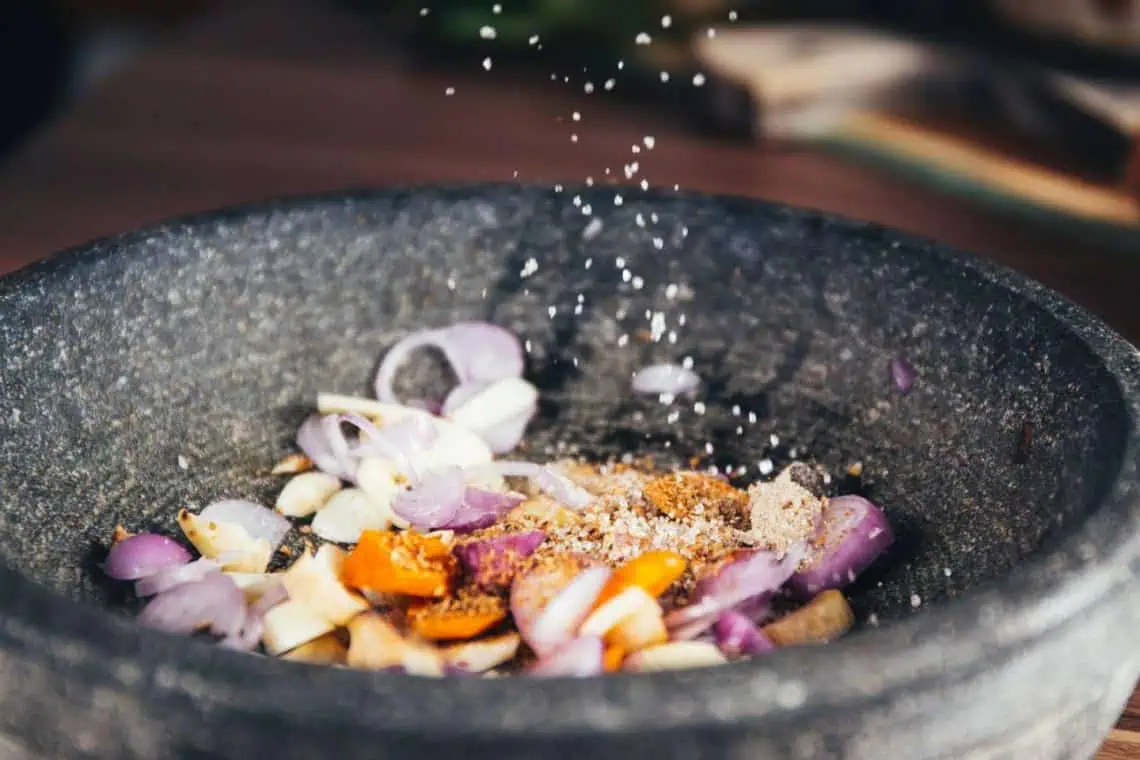As World Food Day echoes its 2025 theme, “Hand in Hand for Better Foods and a Better Future,” South African kitchens are buzzing with a revival of ancient ingredients. Amid the dominance of fast-food chains and processed meals, chefs and home cooks alike are turning to sorghum and baobab—Africa’s time-honored superfoods—to blend tradition with modern sustainability. This October, these resilient staples are not just nourishing bodies but also fostering climate resilience and cultural heritage.
The Timeless Legacy of Sorghum and Baobab
Sorghum, an ancient grain originating in Africa over 5,000 years ago, has long been a staple in local diets. This drought-resistant crop thrives in arid conditions, making it ideal for climate-challenged regions. Packed with fiber, protein, and antioxidants, sorghum aids in managing cholesterol, blood sugar, and even cancer risks. Its gluten-free nature appeals to health-conscious consumers, while its versatility shines in porridges, beers, and baked goods.
Baobab, dubbed the “Tree of Life,” offers fruit that’s transformed into a nutrient-dense powder. Rich in vitamin C (six times more than oranges), potassium, magnesium, and prebiotic fiber, baobab supports immune health, digestion, and blood sugar balance. Harvested from iconic African trees, it’s a sustainable source that empowers local communities, especially women harvesters. In South Africa, these ingredients are reclaiming their place, countering the erosion of indigenous foods by globalization.
Chefs Championing Preservation Amid Fast-Food Dominance
In the face of fast-food giants overtaking urban landscapes, local chefs are pioneering a return to roots. Chef Mokgadi Itsweng, a vocal advocate for indigenous crops, incorporates sorghum into gourmet dishes, highlighting its role in sustainable agriculture. At her Johannesburg-based events, she transforms sorghum into fermented ice creams and hearty stews, blending nostalgia with innovation.
Zandile Finxa, another trailblazer, champions sorghum’s health benefits in her recipes, emphasizing its drought resistance amid water scarcity. Chefs like these collaborate with farmers to revive forgotten varieties, addressing food security and rural employment. Baobab finds its way into modern plates too—think smoothies at trendy cafes or as a tangy addition to salads, preserving cultural flavors while combating malnutrition.
This movement isn’t just culinary; it’s a stand against the fast-food shift that’s displaced traditional diets. By elevating sorghum and baobab, these chefs are fostering biodiversity and resilience, aligning with global calls for sustainable agrifood systems.
Home Recipes for World Food Day Vibes
Celebrate World Food Day at home by experimenting with simple recipes that honor South Africa’s heritage. Start with Sorghum Porridge: Rinse 1 cup of sorghum grains and simmer in 4 cups of water for 45-60 minutes until tender. Stir in milk, honey, and nuts for a nutritious breakfast. This gluten-free dish provides sustained energy and fiber for gut health.
For a refreshing twist, try Baobab Smoothie: Blend 2 tablespoons of baobab powder with a banana, yogurt, and a splash of orange juice. It’s a vitamin C powerhouse that boosts immunity and aids iron absorption. Or whip up Sorghum Salad: Mix cooked sorghum with chopped veggies, feta, and a lemon-baobab dressing for a light lunch.
These recipes are easy, affordable, and perfect for October gatherings. They evoke World Food Day’s spirit of solidarity and promote sustainable eating by using locally sourced, low-water ingredients.
Global Heritage Food Revivals
Beyond South Africa, heritage grains and traditional ingredients are gaining global recognition. Farmers and chefs in various regions are rediscovering ancient varieties like wild rice, amaranth, and millet—once staples for indigenous communities. Across continents, kitchens integrate these ingredients into modern dishes, celebrating roots while boosting nutrition and sustainability.
This worldwide movement echoes the importance of reviving heritage ingredients to support health, cultural preservation, and sustainable agrifood systems, demonstrating how culinary traditions can heal both people and the planet.
Embracing Tradition for a Nourished Tomorrow
This October, as South African kitchens revive sorghum and baobab, they weave a tapestry of sustainability, health, and culture. From chefs defying fast-food trends to home cooks experimenting with recipes, this movement resonates globally. In line with World Food Day 2025, let’s join hands for better foods and a brighter future, one ancient ingredient at a time.
